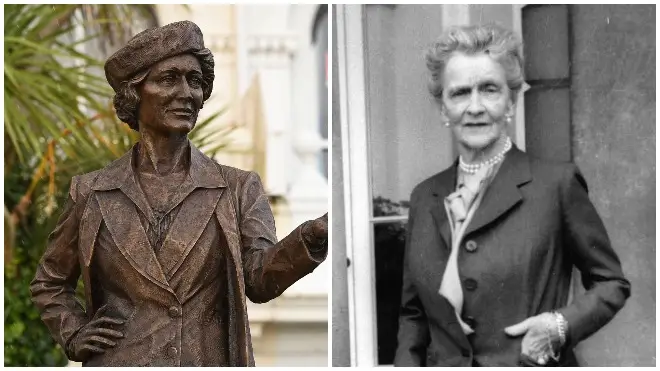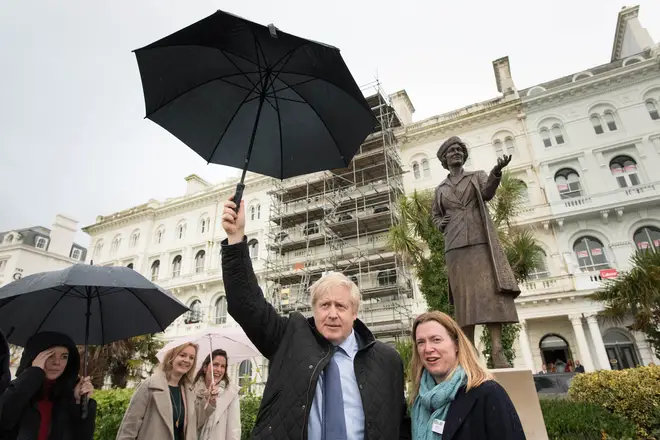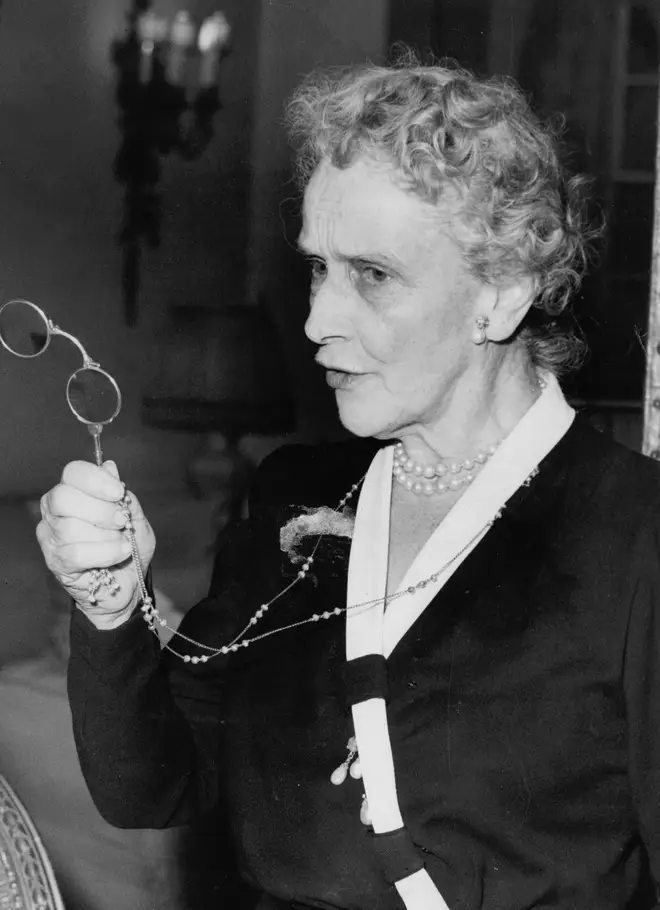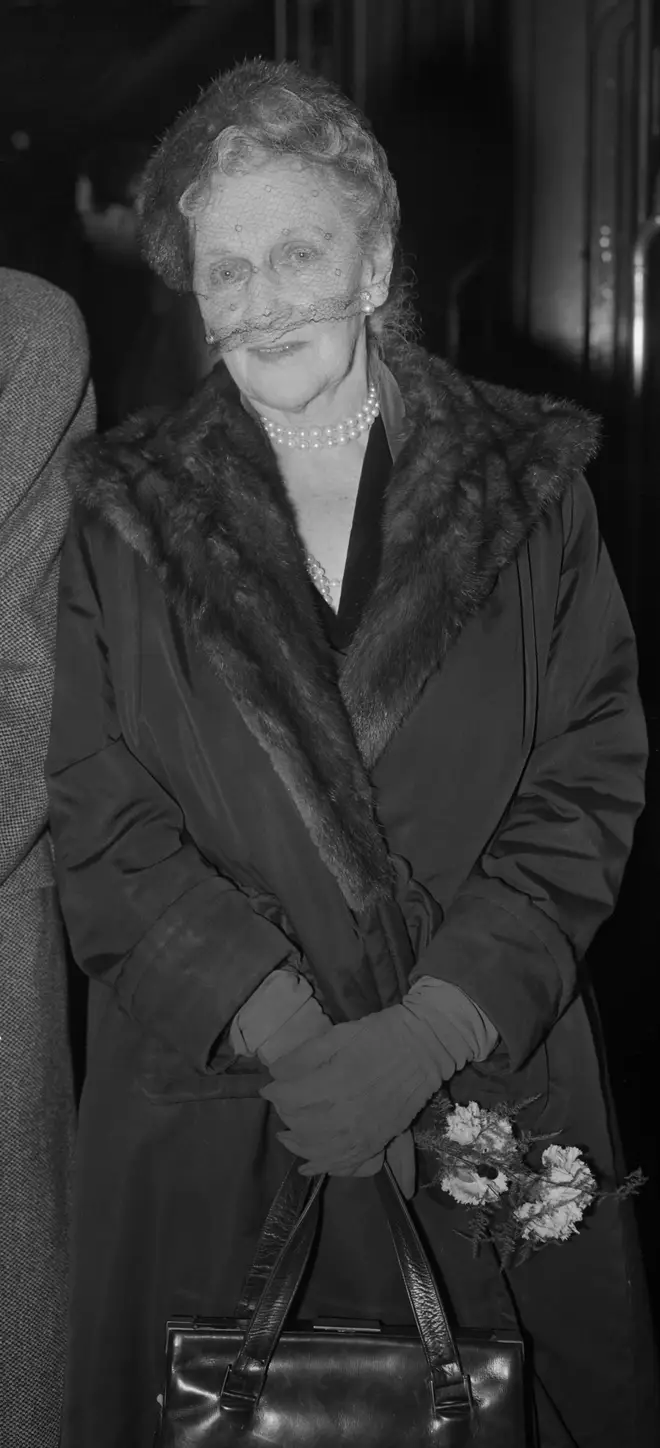
Simon Marks 3pm - 7pm
28 November 2019, 17:03

A bronze statue was unveiled on Thursday at Plymouth Hoe to commemorate the first female MP to take her seat in Parliament, Nancy Astor.
The unveiling of the statue marks a century since Mrs Astor was elected into her Plymouth Sutton seat where she stood as an MP for 25 years.
She was a Conservative Party member who stood down as a parliamentarian in 1945.
The pioneering politician will also have a train named after her - the Nancy Astor Express - which will carry passengers from London's Paddington Station to Plymouth.
Former prime minister Theresa May revealed the sculpture on The Hoe in, outside Mrs Astor's former family home in the southwestern city.
Boris Johnson called her a "trailblazer"who "ripped up conventions that held women back from joining the workplace."
The prime minister used Mrs Astor's story as an inspiration for encouraging more "women to reach their full potential."
She died at Grimsthorpe Castle, the Lincolnshire home of Lady Ancaster, in 1964 at the age of 84.

Lady Astor was an American-born British politician who moved to England in 1904, where she met and married Waldorf Astor who sat in both Houses in Parliament.
She was a member of the so-called Cliveden Set - a group of prominent, upper class and influential people in the inter-war years - and a society hostess who was the first female MP to take her seat in the Commons.
Mrs Astor was urged to contest the seat her husband had vacated after he entered the House of Lords in 1919 and by doing so she won the by-election.
However, she was not the first female MP to be elected. That title goes to Constance Markievicz, an Irish Republican elected in 1918 who, in line with Sinn Fein's abstentionist policies, did not take her seat.

The Conservative MP made her first, groundbreaking speech in the Commons on 24 February, 1920 during a debate on the restriction of alcohol.
She introduced the first Private Member's Bill to be sponsored by a woman, called the Intoxicating Liquor (Sale to Persons Under Eighteen) Bill, which increased the legal age for buying alcohol.
In the speech, she proudly exclaimed: "I am simply trying to speak for hundreds of women and children throughout the country who cannot speak for themselves."
For two years she was the sole female voice in the House of Commons, until she was joined by Margaret Wintringham, MP for Louth, in 1921.

Throughout her time in public office, Lady Astor was subjected to sexism and hostility from male politicians.
Sir Winston Churchill once told her that they had "tried to freeze her out" in one of a number of fiery exchanges between the two.
On another occasion, she is once said to have told the former prime minister: "If I were your wife I'd give you poison in your coffee," to which Mr Churchill replied, "If you were my wife, I'd drink it."
In the 1930s, Lady Astor travelled to the Soviet Union to interview Joseph Stalin with playwright and activist George Bernard Shaw.
Then, in the latter half of the decade, Cliveden House hit the headlines for becoming the centre of a clique which was accused by newspapers of being sympathetic towards Hitler and Nazism.
She always claimed this was a "terrible lie."